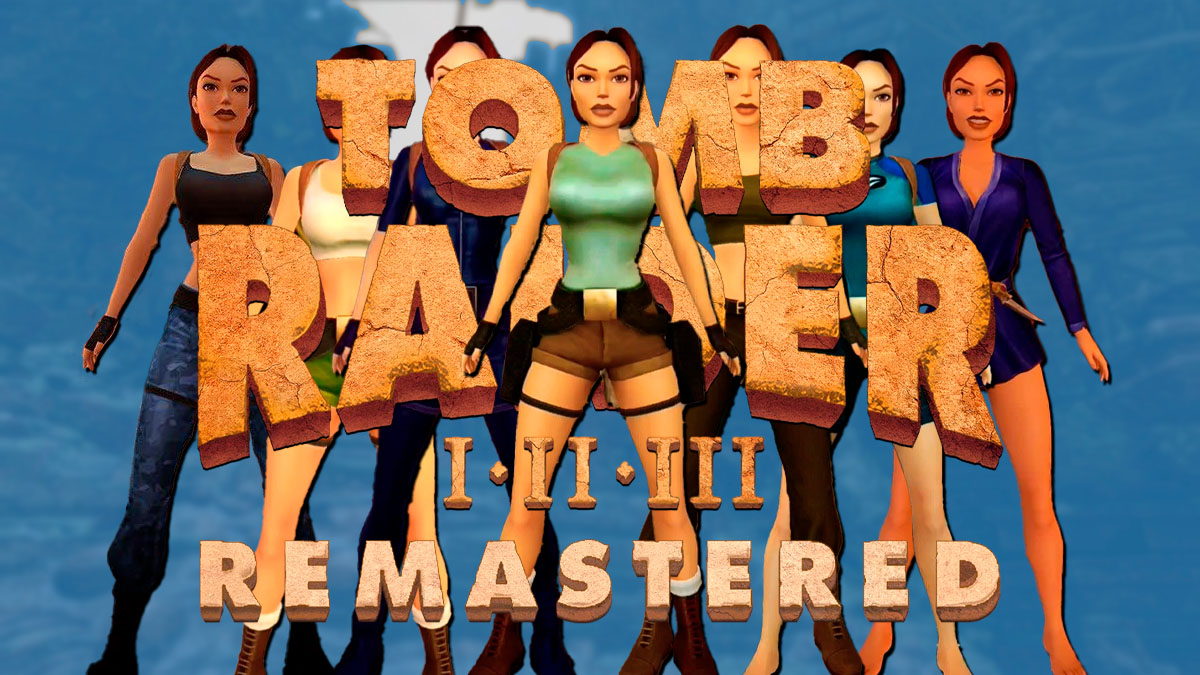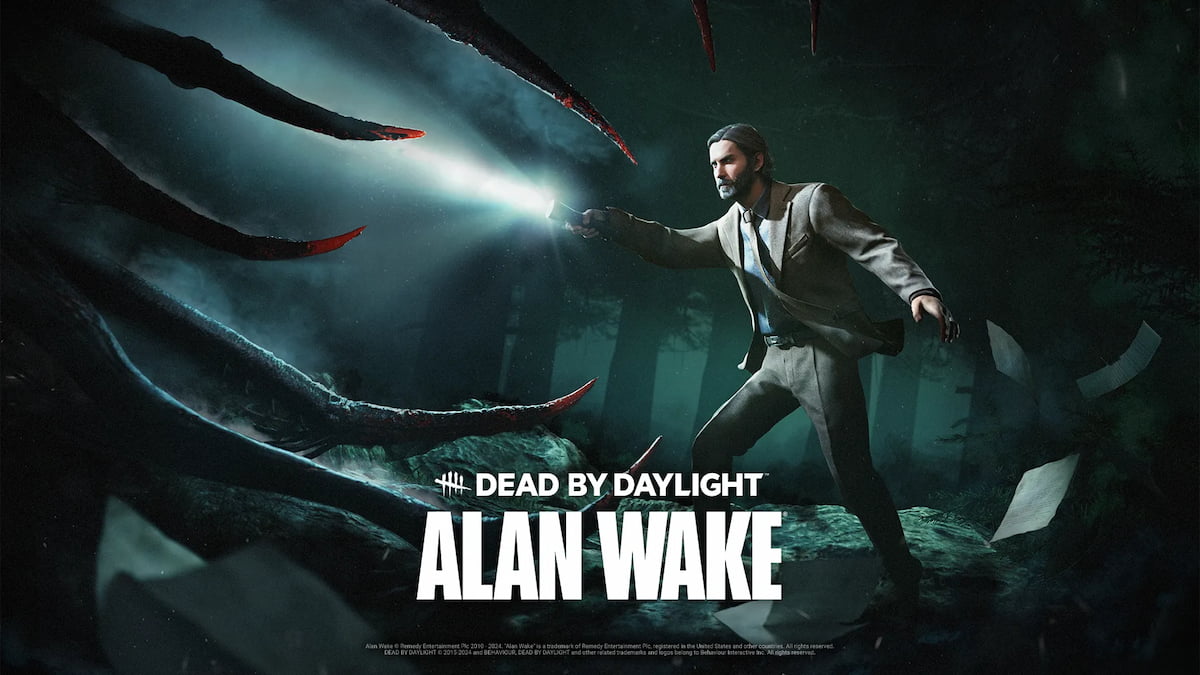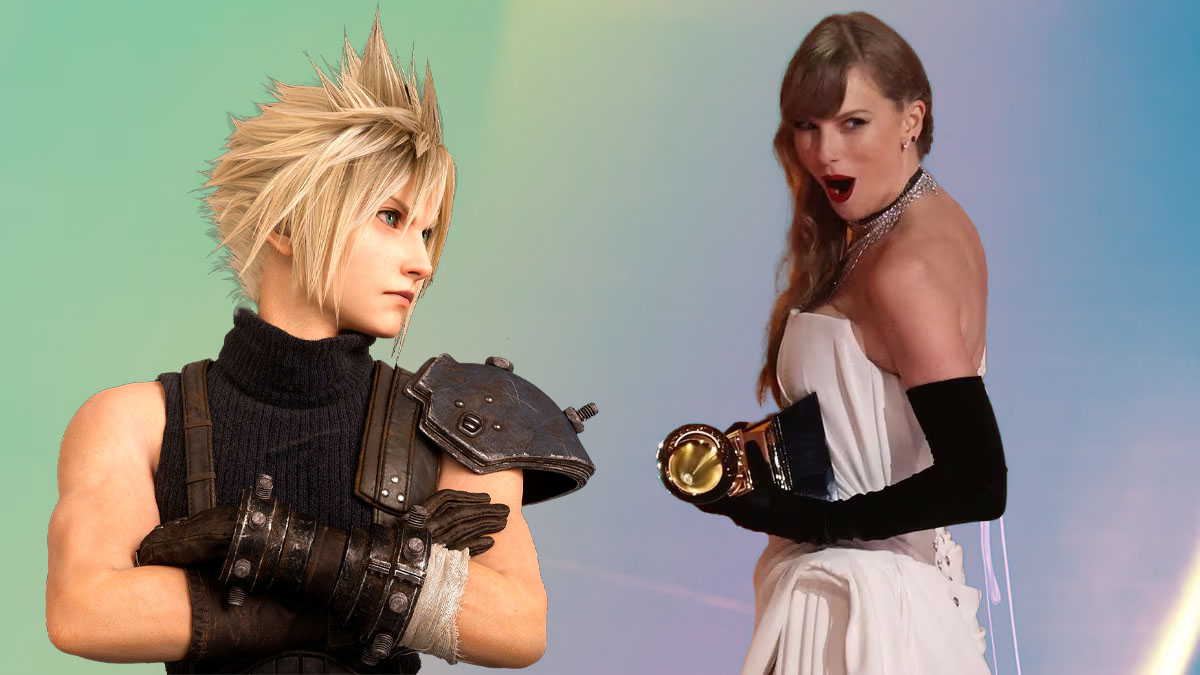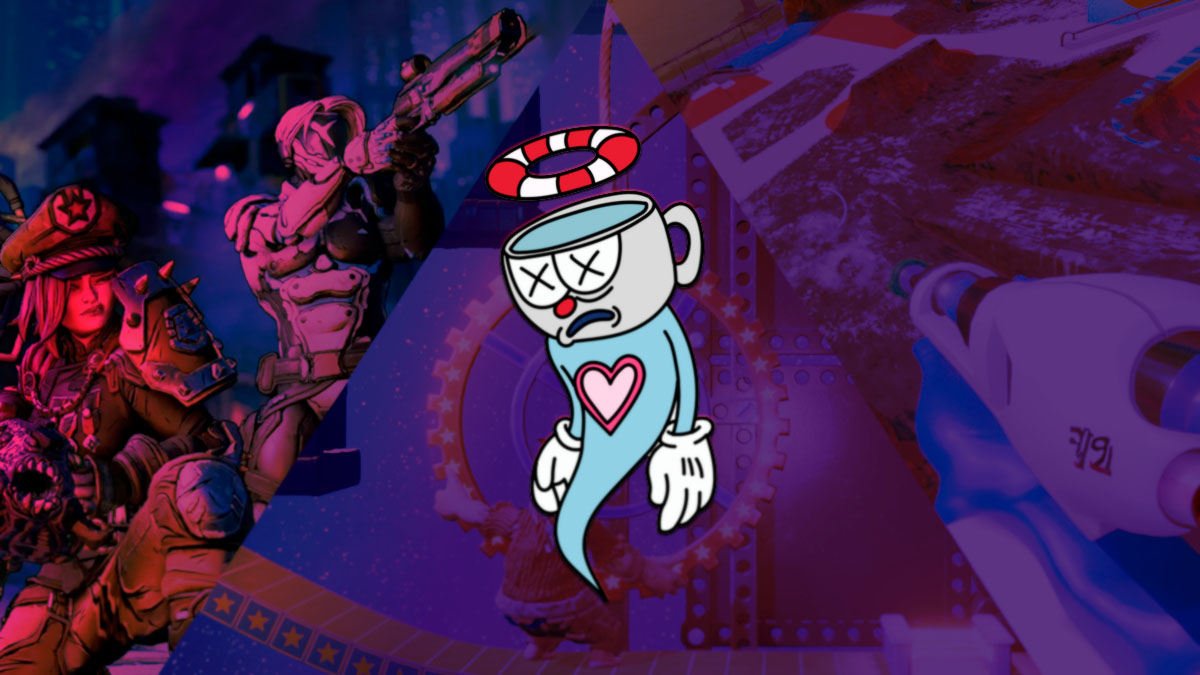A quick (ish) guide on getting into a complex hobby.
I love tabletop RPGs. I’d consider it my primary hobby, even though it’s something I’ve gotten into relatively recently compared to a lot of people that have been playing since they were kids (I’ve been around it for about seven years now).
It’s a hobby that had its ups and downs, but right now is a great up period, with TRPGs as popular as they’ve ever been, and without the stigma of the 80s lingering so hard on them.
As it’s an excellent time to get into playing, I wanted to make a short guide about how to do so, since it requires a bit of putting yourself out there.
How to Get Started Playing Tabletop RPGs
Let’s start with:
What Is a TRPG?
Tabletop Roleplaying Games (or pen and paper games, as some people still call them) are non-digital RPGs, the most well known of which is Dungeons and Dragons. The number of available games has expanded over the years, and now you can find a game for pretty much anything. There are licensed RPGs (a lot of Star Wars ones for instance) and generic RPGs (like GURPS) and ones meant for specific genres, anything from superheroes to sci-fi to fantasy.
In a TRPG you make a character, similar to how you would like in a computer RPG, but with pretty much no limitation on how you express that character’s personality and appearance, though each will have their unique abilities determined by class or other choices.
A heavy emphasis is put on choice; even in very linear games (like published adventures) players have a lot of freedom to choose how they interact with the world in ways that aren’t typically possible, so within the parameters of things your character can achieve, the sky’s the limit.
A Game Master (GM), Dungeon Master (DM), or Storyteller (or other titles depending on the system) presides over the game and determines most non-player events and actions.
Conflict resolution is typically made with dice, though the dice used vary based on the game. Dungeons and Dragons heavily uses a 20 sided die (a d20) but handles all of the others in some circumstances. Other systems, like Savage Worlds, may use everything but the d20, and yet more may only use a single die type (there are a lot of games that use a standard d6 for everything).
Sessions are typically 3-5 hours long, and are meant to be a long term weekly, biweekly, or monthly affair; one session regularly until the game is done or everyone is bored.
How Do I Choose What To Play?
Typically your first RPG is going to be what the most popular one is; it’s the one with the most players, and thus most straightforward to find a group.
Currently, this is Dungeons and Dragons 5th Edition (aka 5e), with everything else falling second to that. Some RPGs like Pathfinder (my preferred system) and Savage Worlds (another favorite of mine) have relatively large player bases as well, but for every game of those you find, you’ll find at least two more 5e games currently running.
This mostly holds for live, in-person games at your local game shop (which is usually also your local comic book shop), venturing into online tabletop gaming widens your options a bit, but finding a 5e or Pathfinder game is still going to be way easier right now than anything else. If you see the rules for an exciting game that appeals to you, for example, Shadowrun if you’re a big fan of the Cyberpunk genre, you can still always float the idea to a group though; you never know!
Where Do I Find People To Play With?
I went over this, in brief, a second ago, but a bit more detail. There are broadly two ways to play: in-person and online.
Getting into gaming in person is logistically easier in many ways, but it can be much harder to put yourself out there. Many towns (even small ones) have a comic book or game shop where people hang out and play RPGs. A lot of these also act as hosting venues for official events, like 5e’s Adventurer’s League or Pathfinder’s Pathfinder Society.
Those official events are the easiest to plug and play as. They sue standardized rules and modules for every table, and are designed for a rotating group of players; you may not play with the same people twice. They are excellent for dipping your toe in the water.
Otherwise, you need to find a regular group. This can be easy or hard, depending on how many players and GMs are in your area. If a group accepts you, keep in mind that every table is different; most GMs have a batch of rules changes they use standard in their games and different GMing styles that can make games in the same system feel wildly different from one another. If a table’s playstyle is not to your taste, you can always try another.
Online gaming likewise also falls into two categories: live games over a virtual tabletop, or Play By Posts.
The former is done via platforms like Roll20.net, which provide a digital space for the GM to create a game, invite players, and draw maps and place tokens and the like. This is how I run my own weekly game since half my players live three states over and one guy’s living in Brazil.
Roll20 and similar services provide a looking for group function so you can put yourself out there much more quickly and broadly than in person, at the expense of being a face in the crowd; you could potentially send out a ton of applications before finding a group.
Play By Posts is how I play a lot of my games as well. These are typically done via a forum, though games via Discord are taking off quite a lot recently. I play a lot on the official site for Pathfinder’s developer, Paizo.
There is a section of the boards on most RPG forums (like ENWorld, GiantInThePlayground, and the Paizo site mentioned above) dedicated to play by post gaming. This is an excellent option if the thought of “acting” out loud have you feeling nervous or self-conscious.
As a bonus, these forums also act as valuable resources for asking rules questions or advice and having them answered by people who tend to be relatively helpful and nice though as always when it comes to the internet, the GIFT rule applies.
People tend to put out open Recruitment threads, with all the relevant information you need to know about a person’s game and allow anyone to submit a character. Play by post games are also an excellent way to play less standard games since people are more willing and able to try new games in that format; the GM and players both have longer to think about their actions.
What Do I Need To Get Started?
While it helps to have a large number of things, like your dice, a copy of the rulebooks, minis, and more, typically all you need is a pen and sheet of paper for your character sheet.
Rulebooks can be borrowed (or read for free online, the most popular games tend to provide the core rules at least legally for free online via websites like d20srd.org for D&D or AONprd.com for Pathfinder) and so can dice, but you do need a way to write down your character.
The only hard and fast rule is that someone in the group needs to know the rules or have easy access to them, and also someone needs to own a set with at least one of each kind of die. Everything else is negotiable.
Miscellaneous Advice
Some truisms and advice I wish someone had told me before I played my first game:
“No gaming is better than bad gaming” – if you’re uncomfortable in a group for whatever reason, or aren’t having fun (and it can’t be resolved)…just leave. This goes double if somebody in the group is antagonizing you or creating a hostile environment. It’s better to leave the group and try again with new people than force yourself to stay in a situation you don’t like. There will always be another opportunity for a game; no group is irreplaceable.
That said:
“Talk it out.” – If you’re not having fun or have some issue with the group, bring it up and try to hash it out with everyone. Don’t let resentment fester or anything like that. Just get everything on the table, and then make a decision based on that. You’d be surprised how often this solves a problem.
“Keep it simple.” – At least for your first few characters, tone down your ambitions for complex character builds or backstory. It leads to less frustration when people correct minor errors if your first few characters aren’t your “baby.” They’re not attacking you, and you just bit off more than you could chew at the time.
“Your character’s backstory is for you.” – Don’t feel embarrassed to write a ten-page backstory for your character, with all their hopes and dreams and life story from birth to the present day if that’s what you enjoy. But also don’t feel obligated to do so. You are in almost all circumstances the only person who is going to read your entire character’s backstory. It is there to inform your own roleplaying and your enjoyment, not the rest of the table. If writing two sentences is enough for you? Good. If you love to fill pages and pages of detail? Good. It’s all good; you do you.
“Work together.” – Tabletop gaming is a collaborative event. This applies both in and out of character, and everyone should be there with the express purpose of having a good time and making sure everybody else does too. Try to make characters that work together with the party, or have the content of all the players before making a character that does not. Remember “talk it out” and go over anything that comes up as an issue in detail. People usually aren’t trying to piss you off.
A final note
“Metagaming is not inherently bad.” – Metagaming is the boogeyman a lot of veteran RPGers trot out. It is the act of using out of character knowledge in the game. This can undoubtedly detract from the game in some cases (like “cheating” by defeating a monster using a secret method you know but your character doesn’t), but just as often it is what makes two characters that might have a reason not to work together…work together. Collaborate out of the game to make sure everything in-game runs smoothly. Metagaming in that context is fine.
Hopefully, all of this has been helpful, and give you a kickstart on getting started with TRPGs!





